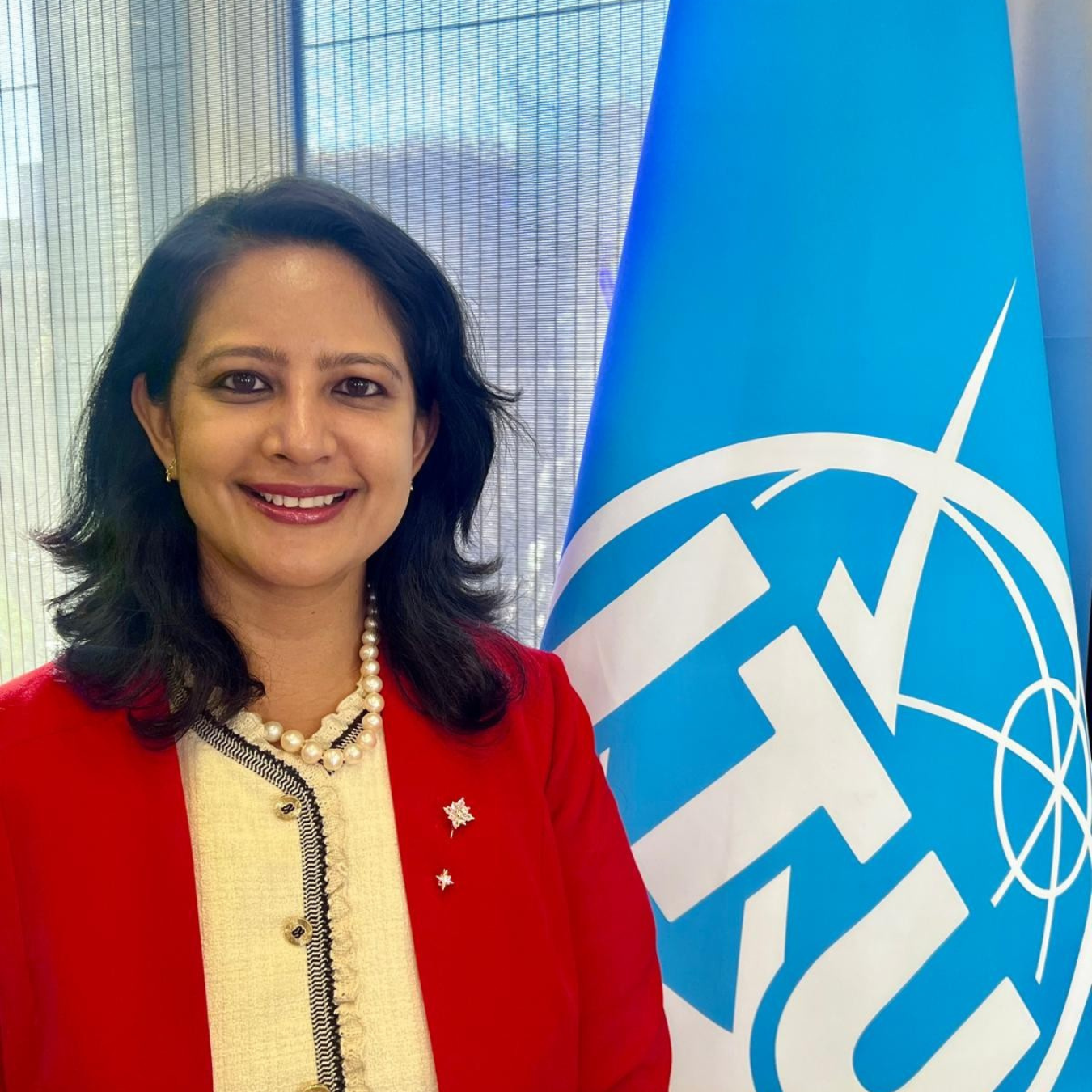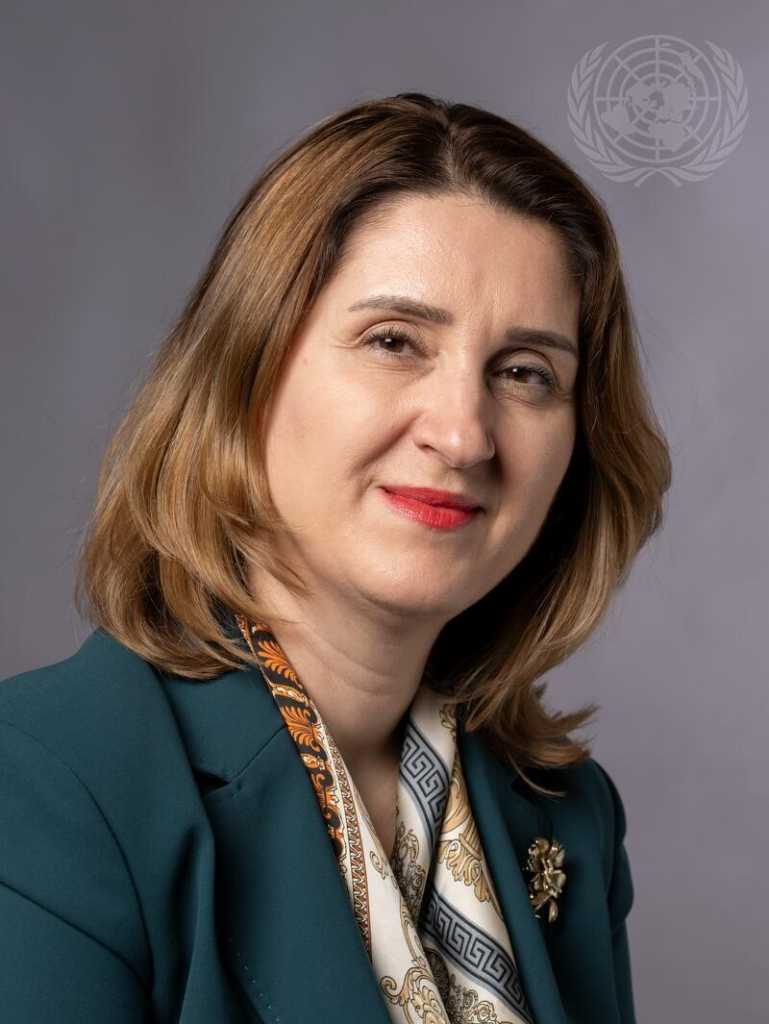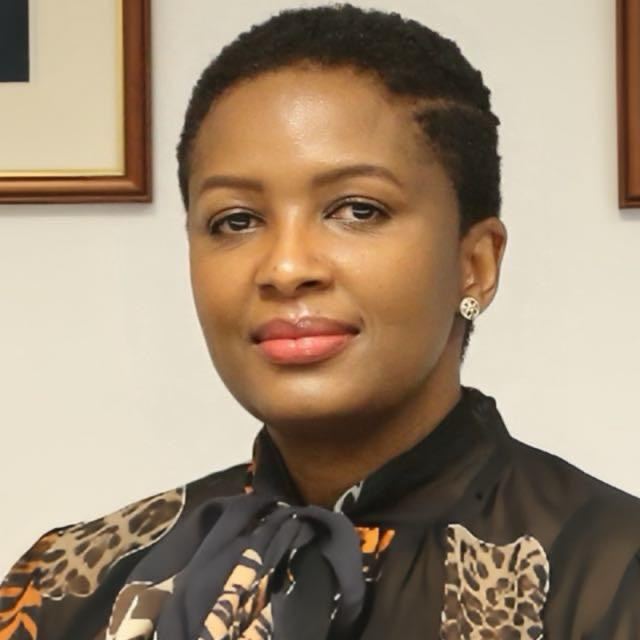AI Skills and Capacity Building to Strengthen All Stakeholders
ITU, UNESCO
Session 464
Side-Event : UNESCO Conference on Capacity Building on AI and Digital Transformation in the Public Sector, Room VII
Side-Event during UNESCO Conference on Capacity Building on AI and Digital Transformation in the Public Sector, Room VII
Background
Digital transformation in the public sector has emerged as a powerful driver of development. Through the strategic adoption of artificial intelligence (AI), big data, and other emerging technologies, governments can deliver more efficient, transparent, and inclusive public services. These digital advances enhance policymaking, address pressing development challenges, and fuel economic growth.
Within this context, the World Summit on the Information Society (WSIS) has played a foundational role in fostering inclusive, people-centered information societies. As a globally recognized multistakeholder platform, WSIS has shaped digital cooperation, governance, and development over the last two decades. In partnership with more than 40 other UN agencies and all Stakeholders, WSIS continues to evolve and guide digital transformation processes globally.
WSIS architecture
The WSIS architecture is grounded in a comprehensive framework that integrates multi-stakeholder engagement, action-oriented outcomes, and collaborative implementation strategies. The key components include:
WSIS Forum: An annual convening organized by ITU, UNESCO, UNDP, and UNCTAD that provides a dynamic platform for stakeholders to share experiences, showcase solutions, and collaborate on digital development.
WSIS Stocktaking: A global repository of ICT projects that facilitates knowledge sharing and visibility of impactful initiatives.
WSIS Prizes: Recognition of best practices that advance development through ICTs, highlighting tangible contributions to sustainable development.
WSIS Action Lines: Eleven action lines serve as the backbone of implementation, with a strong emphasis on education, infrastructure, capacity building, and ICT applications in public administration, health, and more.
Among these, WSIS Action Line C4: Capacity Building is particularly pertinent to public sector transformation. It underscores the essential role of education, training, and lifelong learning in equipping civil servants and institutions with the digital competencies required to navigate and demonstrate leadership within evolving information societies.
ITU Initiatives
ITU’s AI Skills Coalition: The AI Skills Coalition is an organization-wide initiative coordinated at the level of the AI for Good initiative, aiming to promote global collaboration with the ultimate goal of bridging the global AI skills gap and democratizing AI skills. The coalition brings together stakeholders from governments, industry, academia, and civil society to identify AI skills gaps across various regions and sectors, and to develop competency frameworks aligned with evolving job roles in the AI ecosystem. The coalition prioritizes inclusive access to AI training and other capacity-building resources, especially for underrepresented and underserved populations, and advocates for policy frameworks that support AI literacy, workforce development, and lifelong learning.
ITU Academy: Under the ITU Academy and its 50,000+ users is the ITU’s gateway for capacity development, capacity building activities aim to bridge digital divides by equipping countries with the knowledge and tools necessary to harness information and communication technologies (ICTs) and digital transformation for sustainable development. This work includes training programs, workshops, and the development of practical tools for enhancing digital skills of policymakers, government officials, regulators and other relevant ICT professionals on topics with a growing emphasis such as emerging technologies, AI, IoT, and cybersecurity. Capacity-building efforts are delivered through partnerships with the global 14 ITU Academy Training, supporting the development of human and institutional capacity, particularly in developing and least developed countries (LDCs) and underserved regions. These initiatives also help national governments and regulators to formulate and implement policies for digital transformation as well as digital skills strategies that are locally relevant and globally aligned.
Relation to Capacity Building in the Public Sector
These two initiatives—the AI Skills Coalition and ITU Academy’s efforts—jointly strengthen capacity in the public sector by providing both the strategic frameworks and the practical training required for digital transformation. The AI Skills Coalition outlines and equips public sector leaders with the competencies needed for AI governance and implementation, while ITU Academy programs deliver hands-on training (both online and face-to-face) and policy guidance to ensure public officials can actively participate in and lead digital development. Together, they empower governments to craft and execute national digital strategies, regulate emerging technologies effectively, and foster inclusive digital societies. The initiatives promote knowledge sharing and cross-sector collaboration, enabling public institutions to better respond to technological change and support sustainable development goals.
Capacity Building for innovation
This initiative is part of the Innovation and Entrepreneurship Alliance for Digital Development. It aims to establish local resources that can lead the way in the rapidly evolving digital environment. The Alliance represents a new approach to bridging the Digital Innovation Divide and empowering ITU members to overcome challenges on their path towards digital transformation. It aims to unleash the digital potential of its members, promote local expertise in innovation and entrepreneurship, and accelerate the impact of their ecosystems on various sectors, thereby creating a sustainable and inclusive society.
The goal is to develop projects promoting digital innovation and entrepreneurship at the national, regional, and global levels. This will enable the ITU to enhance its organisational and human excellence capabilities, introduce new products and services to its members, and increase private sector and academic participation in its critical work.
The Innovation and Entrepreneurship Alliance comprises government ministries and specialised agencies, including national regulatory and innovation authorities, as well as industry and private sector players from the ICT and digital sectors, academia, the R&D community, non-governmental and community-based organisations, civil society, international and intergovernmental organisations, development banks, and donors.
The WSIS+20 Review: Vision for the Future
The WSIS+20 Review, mandated by the UN General Assembly provides an opportunity to reflect on two decades of WSIS achievements, reaffirm commitments to the WSIS Action Lines, and address challenges. In this context, capacity building remains as a marker of success.
.png?maxwidth=250)
Gitanjali Sah is an experienced International Civil Servant and has worked with several United Nations Organizations like ITU, UNESCO and UNDP in the field of ICT on Development related policy and implementation issues at an international, regional and national level. At present she is working with the International Telecommunication Union and is focussed on the coordination of global digital UN Processes like World Summit on the Information Society (WSIS) and others to achieve the internationally agreed development goals.
She has an MPhil in Development Studies from the University of Cambridge, UK and a Masters from the Jawarhar Lal Nehru University, India.



Cynthia Lesufi studied law at the University of North-West, Mafikeng, and Master of Arts in ICT Policy and Regulations at the University of Witwatersrand, Johannesburg. She also did a Post Graduate Diploma in Management Practices at Henley Business School, Africa. In addition, she obtained a Certificate in Telecommunications Policy, Regulation and Management from Wits Business School. Cynthia is a seasoned Policy and Regulatory Development Manager with over 15 years of experience in the Information and Communications Technology (ICT) sector. In her current role in the Department of Communications and Digital Technologies (DCDT) she is responsible for key areas such as developing and implementing ICTs communications strategies and policies and stakeholder relations engagements. She is the current ITU Minister Council and African Coordinator for ITU Activities in Geneva. Cynthia has been privileged to be one of the key members of the national delegations to supra[1]national conferences of the Southern African Development Community (SADC), African Telecommunications Union (ATU), United Nations (UN) and International Telecommunications Union (ITU).


Angel Draev possesses 15+years of experience in multilateralism, foreign affairs, development, the private sector. He is a results-driven, strategically minded and vision-oriented leader and project manager with a proven track record of managing projects and leading teams internationally.
Currently working in the broader ITU Academy team and managing the ITU project “Capacity development for digital transformation” which aims to enhance the capacity of policymakers and government officials globally with a focus on the developing countries. Passionate about digital transformation and development in general. Proficient in the United Nations system, the European Union and public-private partnerships.

Silvia Vacchi currently serves as a Training Development Officer and as the Program Lead for the AI Skills Coalition within ITU’s AI for Good team. In this role, she is dedicated to designing and developing a comprehensive capacity-building pillar aimed at advancing AI literacy. Her work focuses on supporting Member States and key stakeholders in building AI-related skills and knowledge, contributing to the broader mission of responsible and inclusive AI development.
Silvia holds a Master’s degree in International Relations and has an extensive professional background in training, multilateral diplomacy, and instructional design. She brings over seven years of experience as a training expert at UN agencies in Geneva, where she specialized in delivering high-impact learning programs for diplomats and other professional audiences.
-
 C1. The role of governments and all stakeholders in the promotion of ICTs for development
C1. The role of governments and all stakeholders in the promotion of ICTs for development
-
 C2. Information and communication infrastructure
C2. Information and communication infrastructure
-
 C3. Access to information and knowledge
C3. Access to information and knowledge
-
 C4. Capacity building
C4. Capacity building
-
 C5. Building confidence and security in use of ICTs
C5. Building confidence and security in use of ICTs
-
 C6. Enabling environment
C6. Enabling environment
-
 C7. ICT applications: benefits in all aspects of life — E-government
C7. ICT applications: benefits in all aspects of life — E-government
-
 C7. ICT applications: benefits in all aspects of life — E-business
C7. ICT applications: benefits in all aspects of life — E-business
-
 C7. ICT applications: benefits in all aspects of life — E-learning
C7. ICT applications: benefits in all aspects of life — E-learning
-
 C7. ICT applications: benefits in all aspects of life — E-health
C7. ICT applications: benefits in all aspects of life — E-health
-
 C7. ICT applications: benefits in all aspects of life — E-employment
C7. ICT applications: benefits in all aspects of life — E-employment
-
 C7. ICT applications: benefits in all aspects of life — E-environment
C7. ICT applications: benefits in all aspects of life — E-environment
-
 C7. ICT applications: benefits in all aspects of life — E-agriculture
C7. ICT applications: benefits in all aspects of life — E-agriculture
-
 C7. ICT applications: benefits in all aspects of life — E-science
C7. ICT applications: benefits in all aspects of life — E-science
-
 C8. Cultural diversity and identity, linguistic diversity and local content
C8. Cultural diversity and identity, linguistic diversity and local content
-
 C9. Media
C9. Media
-
 C10. Ethical dimensions of the Information Society
C10. Ethical dimensions of the Information Society
-
 C11. International and regional cooperation
C11. International and regional cooperation
-
 Goal 1: End poverty in all its forms everywhere
Goal 1: End poverty in all its forms everywhere
-
 Goal 2: End hunger, achieve food security and improved nutrition and promote sustainable agriculture
Goal 2: End hunger, achieve food security and improved nutrition and promote sustainable agriculture
-
 Goal 3: Ensure healthy lives and promote well-being for all
Goal 3: Ensure healthy lives and promote well-being for all
-
 Goal 4: Ensure inclusive and equitable quality education and promote lifelong learning opportunities for all
Goal 4: Ensure inclusive and equitable quality education and promote lifelong learning opportunities for all
-
 Goal 5: Achieve gender equality and empower all women and girls
Goal 5: Achieve gender equality and empower all women and girls
-
 Goal 6: Ensure access to water and sanitation for all
Goal 6: Ensure access to water and sanitation for all
-
 Goal 7: Ensure access to affordable, reliable, sustainable and modern energy for all
Goal 7: Ensure access to affordable, reliable, sustainable and modern energy for all
-
 Goal 8: Promote inclusive and sustainable economic growth, employment and decent work for all
Goal 8: Promote inclusive and sustainable economic growth, employment and decent work for all
-
 Goal 9: Build resilient infrastructure, promote sustainable industrialization and foster innovation
Goal 9: Build resilient infrastructure, promote sustainable industrialization and foster innovation
-
 Goal 10: Reduce inequality within and among countries
Goal 10: Reduce inequality within and among countries
-
 Goal 11: Make cities inclusive, safe, resilient and sustainable
Goal 11: Make cities inclusive, safe, resilient and sustainable
-
 Goal 12: Ensure sustainable consumption and production patterns
Goal 12: Ensure sustainable consumption and production patterns
-
 Goal 13: Take urgent action to combat climate change and its impacts
Goal 13: Take urgent action to combat climate change and its impacts
-
 Goal 14: Conserve and sustainably use the oceans, seas and marine resources
Goal 14: Conserve and sustainably use the oceans, seas and marine resources
-
 Goal 15: Sustainably manage forests, combat desertification, halt and reverse land degradation, halt biodiversity loss
Goal 15: Sustainably manage forests, combat desertification, halt and reverse land degradation, halt biodiversity loss
-
 Goal 16: Promote just, peaceful and inclusive societies
Goal 16: Promote just, peaceful and inclusive societies
-
 Goal 17: Revitalize the global partnership for sustainable development
Goal 17: Revitalize the global partnership for sustainable development